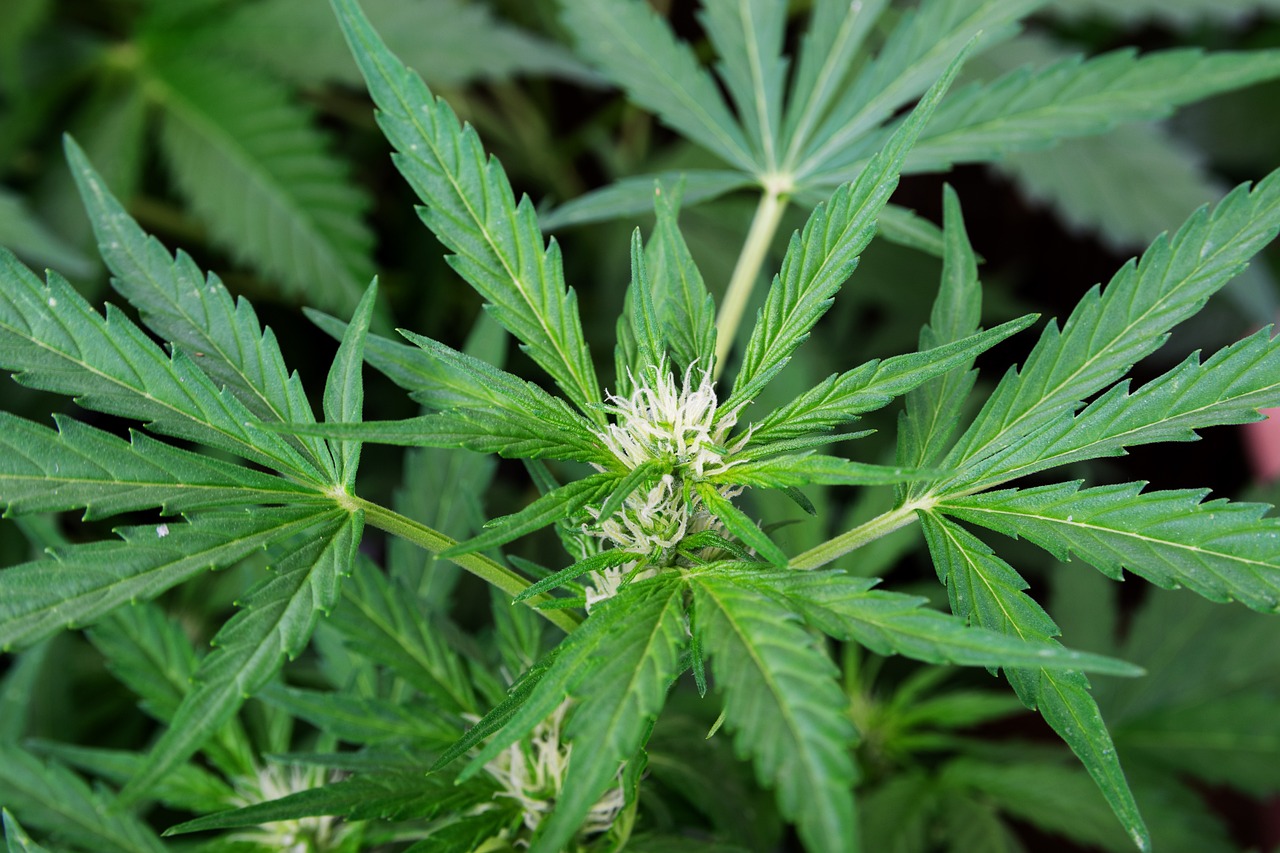In recent years, the cannabis industry has seen a surge in interest surrounding non-psychoactive compounds. Among these, THCA (tetrahydrocannabinolic acid) has emerged as a promising option for those seeking relief without the high associated with THC. This article explores the benefits, uses, and growing popularity of THCa flower for detoxification, providing insights into why it might be the ideal choice for many.
Understanding THCA: The Basics
THCA is a naturally occurring compound found in raw cannabis plants. Unlike THC, which is known for its psychoactive effects, THCA does not produce a high. This is because THCA is the precursor to THC and only converts to THC when exposed to heat through a process called decarboxylation.
For those interested in the therapeutic benefits of cannabis without the psychoactive effects, THCA offers a compelling alternative. It is often consumed in its raw form, allowing users to experience its potential health benefits without altering their mental state.
Potential Health Benefits of THCA
Research into THCA is still in its early stages, but preliminary studies and anecdotal evidence suggest several potential health benefits:
- Anti-inflammatory Properties: THCA may help reduce inflammation, making it a potential option for those with conditions like arthritis or inflammatory bowel disease.
- Neuroprotective Effects: Some studies indicate that THCA might offer neuroprotective benefits, which could be beneficial for neurodegenerative diseases.
- Anti-emetic Properties: THCA has shown promise in reducing nausea and vomiting, which could be helpful for patients undergoing chemotherapy.
- Appetite Stimulation: Like THC, THCA may help stimulate appetite, which can be beneficial for individuals with eating disorders or those undergoing treatments that affect appetite.
THCA Flower: A Natural Choice
THCA flower refers to the raw, unprocessed buds of the cannabis plant. These flowers are rich in THCA and can be consumed in various ways to harness their benefits. Some popular methods include juicing, adding to smoothies, or using in salads. This allows users to incorporate THCA into their diet without the need for smoking or vaping.
For those who prefer a more traditional approach, THCA flower can also be used in tinctures or topicals. These methods provide targeted relief and are particularly popular among individuals seeking localized treatment for pain or inflammation.
Case Studies and Real-World Examples
Several case studies highlight the potential of THCA for non-psychoactive relief. For instance, a study published in the British Journal of Pharmacology found that THCA exhibited anti-inflammatory properties in animal models. This research supports the anecdotal evidence from patients who have reported reduced pain and inflammation after using THCA products.
Another example comes from a patient with Parkinson’s disease who incorporated THCA into their regimen. The patient reported improved motor function and reduced tremors, suggesting that THCA may offer benefits for those with neurodegenerative conditions.
Statistics and Market Trends
The growing interest in THCA is reflected in market trends. According to a report by Grand View Research, the global cannabis market is expected to reach USD 73.6 billion by 2027, with non-psychoactive products like THCA playing a significant role in this growth.
Consumer demand for non-psychoactive cannabis products is on the rise, driven by an increasing awareness of the potential health benefits and a desire for natural alternatives to traditional pharmaceuticals. This trend is expected to continue as more research sheds light on the therapeutic potential of compounds like THCA.
Choosing the Right THCA Product
When selecting a THCA product, it’s important to consider factors such as quality, source, and method of consumption. Look for products that are lab-tested to ensure purity and potency. Additionally, consider the method of consumption that best suits your lifestyle and health needs.
For those new to THCA, starting with a low dose and gradually increasing as needed can help gauge its effects. Consulting with a healthcare professional familiar with cannabis can also provide guidance tailored to individual health conditions and goals.
Conclusion
THCA flower offers a promising option for those seeking non-psychoactive relief. With potential benefits ranging from anti-inflammatory and neuroprotective effects to appetite stimulation, THCA provides a natural alternative for individuals looking to enhance their well-being without the high associated with THC. As research continues to uncover the full potential of THCA, its popularity is likely to grow, making it an exciting area of exploration within the cannabis industry.
